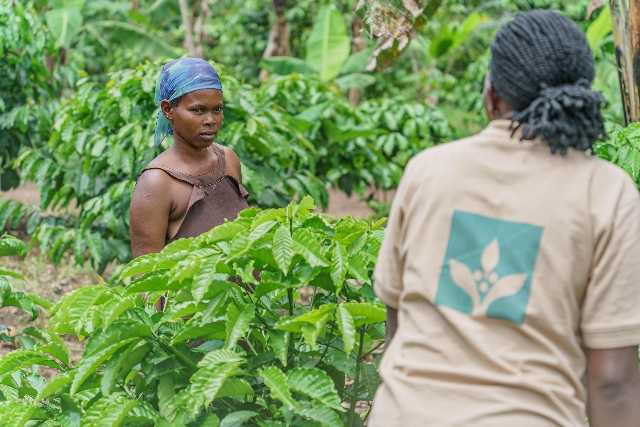GERMANY – At Hanns R. Neumann Stiftung (HRNS), the commitment to localization involves integrating local knowledge from project inception, fostering trust, effective communication, and governance structures for a more inclusive and sustainable development approach.
Development cooperation is undergoing a significant transformation with a growing emphasis on localization. Organizations are increasingly recognizing the effectiveness of involving local communities in planning and implementing initiatives. So does HRNS.
Locally led development is proving successful for three main reasons: it empowers communities to take charge of their development, addresses specific needs, and fosters trust between local and international stakeholders.
Contrary to common belief, localization isn’t confined to field-level actions; it starts with organizations adopting participatory approaches from the beginning. The goal is not just achieving localization but improving the living conditions of local populations through genuine collaboration.
In HRNS projects this is taking place as much as possible and is continuously developed further. Through focus group discussions, participatory approaches, localized office structures, and more activities.
A practical example of successful localization involves the engagement of local staff in project implementation ensuring knowledge continuity within communities. “Localization ensures tailored solutions by considering local needs, practices and cultural factors. It is a local people for local people approach, ensuring that their needs are addressed,” says Morgan Mkonyi, HRNS Co-Country Manager Tanzania.
Recognition of existing local structures and decision-making protocols is a key element in successful localization, facilitating direct funding to community-based organizations and streamlining resource utilization.
Localization’s impact extends into the political sphere, fostering connections between local youth, government bodies, and private partners, simplifying project needs communication. “Therefore, officials and other partners from outside take better notice of the project’s needs: We don’t squander their time with too many meetings,” says Monica Basemera from TeamUp Uganda
In summary, the shift towards localization advocates for integrating local knowledge from project inception, emphasizing trust-building, effective communication, and governance structures for a more inclusive, impactful, and sustainable development approach. “Empowerment results from involving local communities in decision-making, recognizing their expertise, and fostering collaboration,” says Mkonyi.
For more information click here.
About HRNS
Hanns R. Neumann Stiftung (HRNS) is a private non-profit foundation founded in 2005 by the family of Michael R. Neumann, an entrepreneur and investor in the international coffee business.
HRNS pursues three goals: (1) to improve the social and economic situation of smallholder families in tropical countries, (2) to protect the environment and nature, and (3) to promote the prospects of young people. The foundation realizes its goals as an implementer, co-financier and sponsor.


















